DeepMind
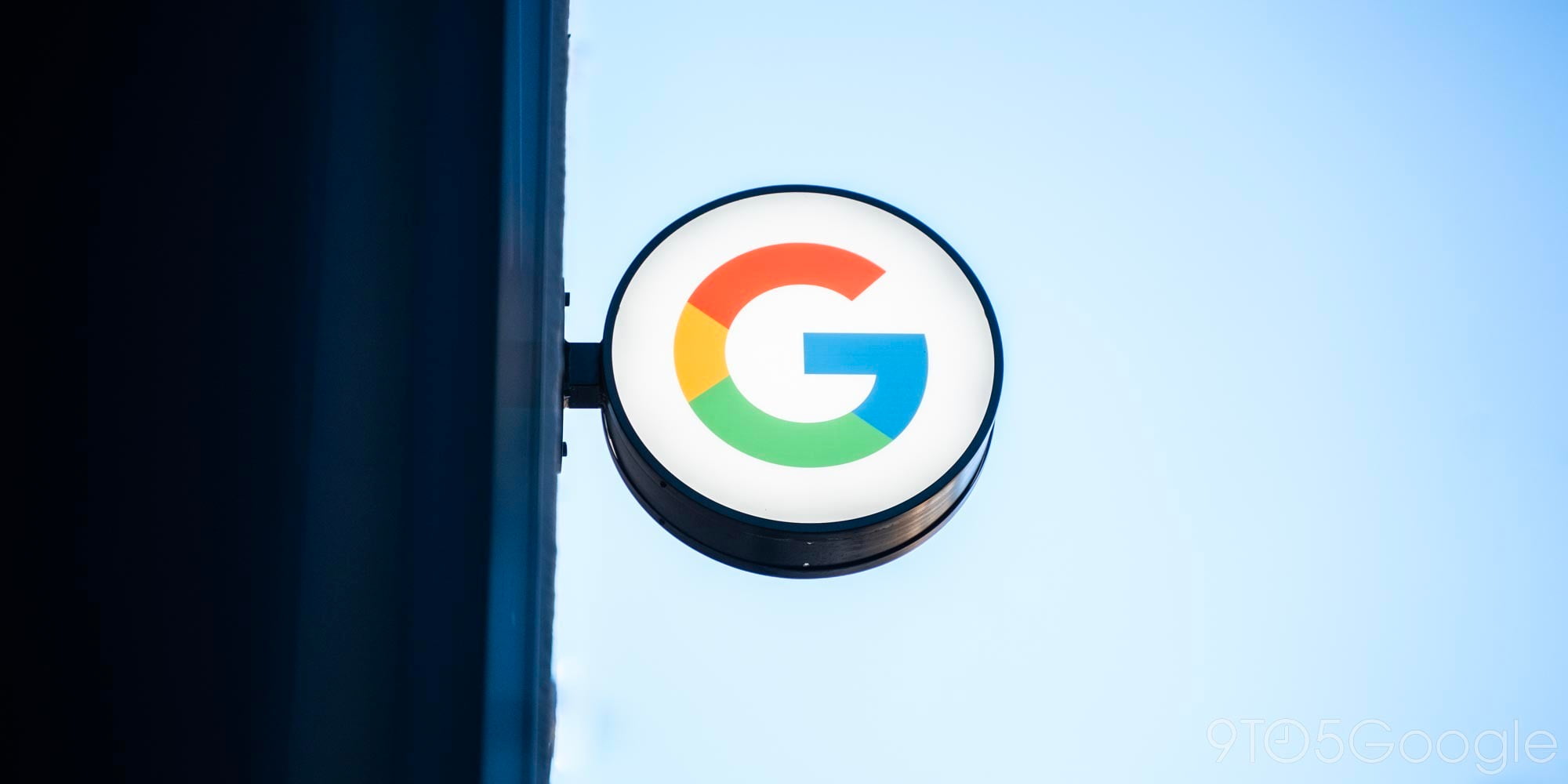
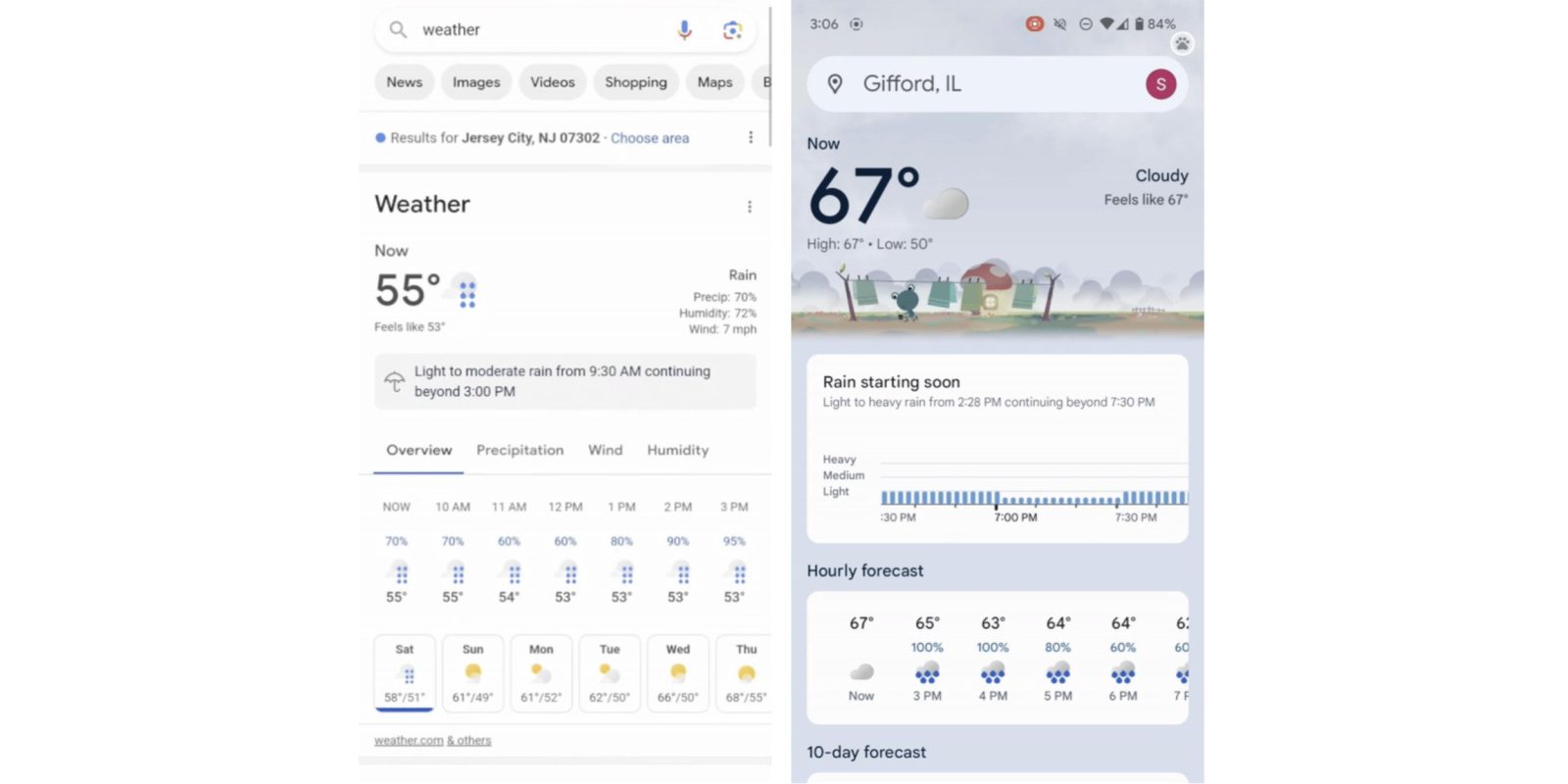
Besides a redesign, the most interesting part of the updated Weather experience for Pixel is “Google Nowcast” for real-time 12-hour precipitation forecasts. Google today detailed the MetNet-3 deep learning model behind it, which is also powering weather features in Google Search.
Expand Expanding Close
Google DeepMind wants to change the perception that the public has about AI by offering alternative art and imagery that’s “more diverse and accessible.”
Expand Expanding Close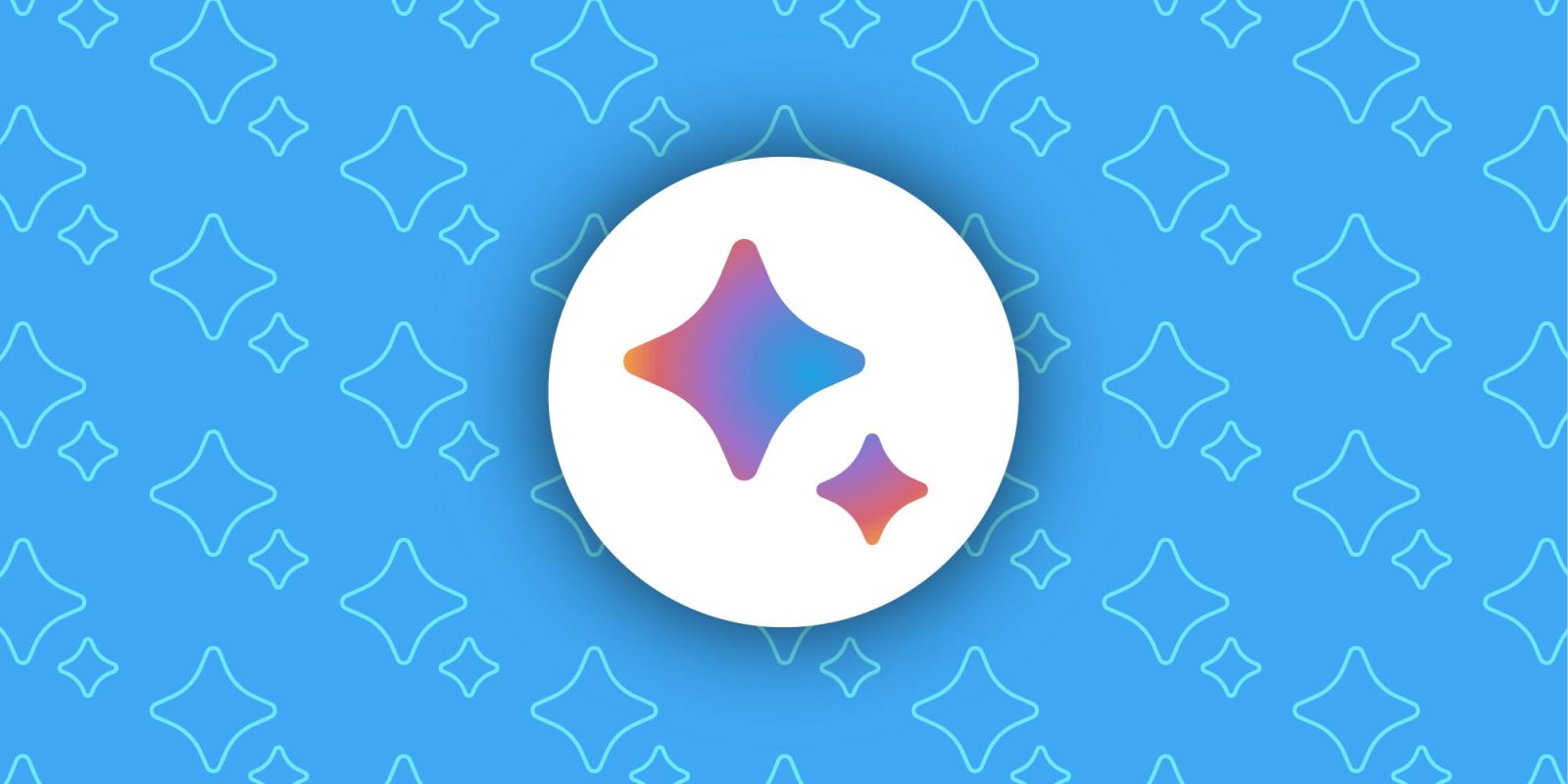
The AI wars are very much ongoing, with Google a bit late to the party. In a new report, Google’s Bard is accused of using ChatGPT responses shared online as training data, but Google denies the claim.
Expand Expanding Close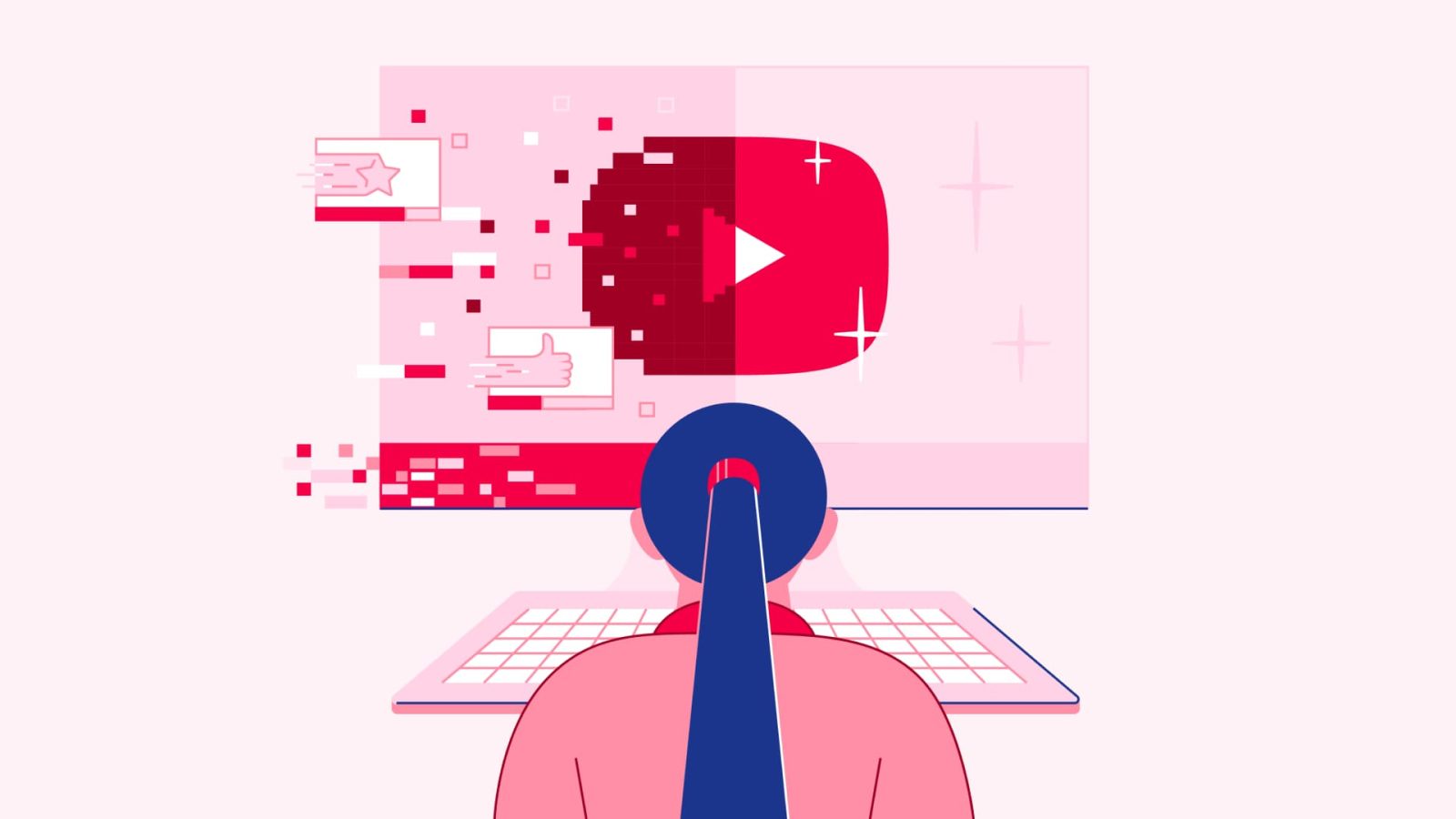
Besides research, Alphabet’s artificial intelligence lab is tasked with applying its various innovations to help improve Google products. DeepMind today detailed three specific areas where AI research helped “enhance the YouTube experience.”
Expand Expanding Close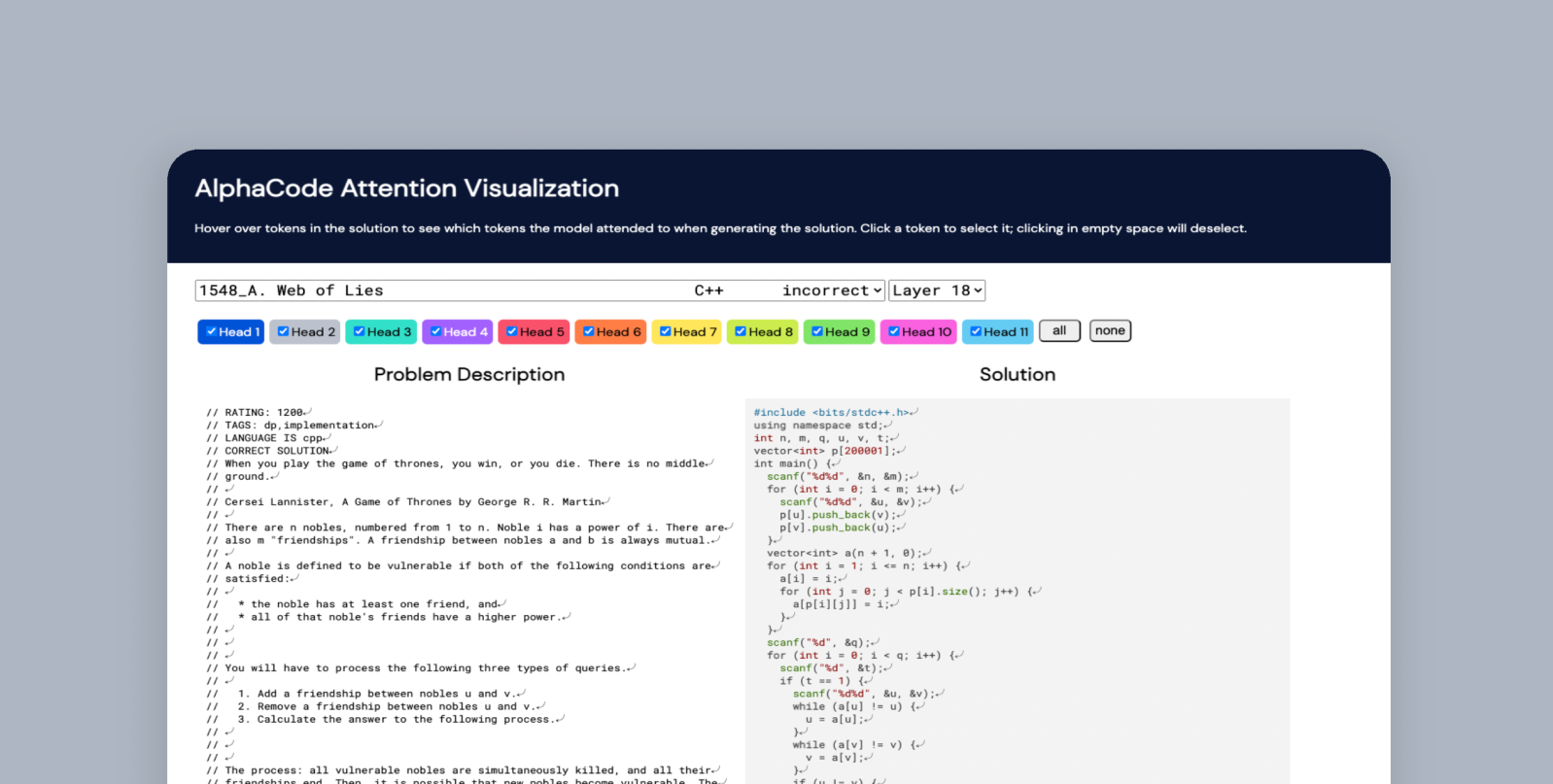
DeepMind’s latest real-world application of machine learning is AlphaCode. Alphabet’s AI lab today announced a system that “writes computer programs at a competitive level.”
Expand Expanding Close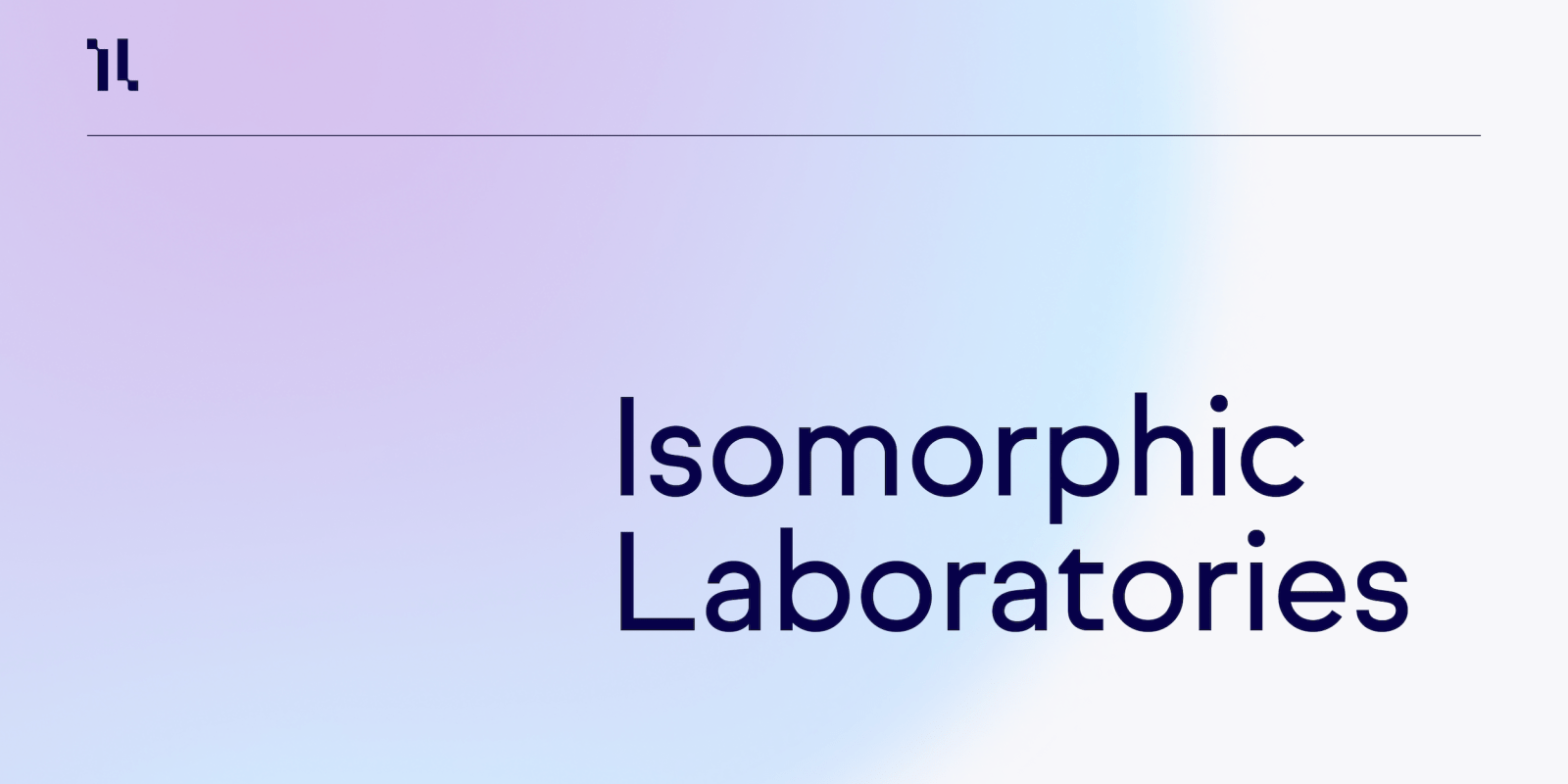
Last year, DeepMind’s AlphaFold2 AI system made a “significant contribution to humanity’s understanding of biology.” Alphabet has now taken that advancement and created a new company called Isomorphic Labs, focused on AI-driven drug discovery.
Expand Expanding Close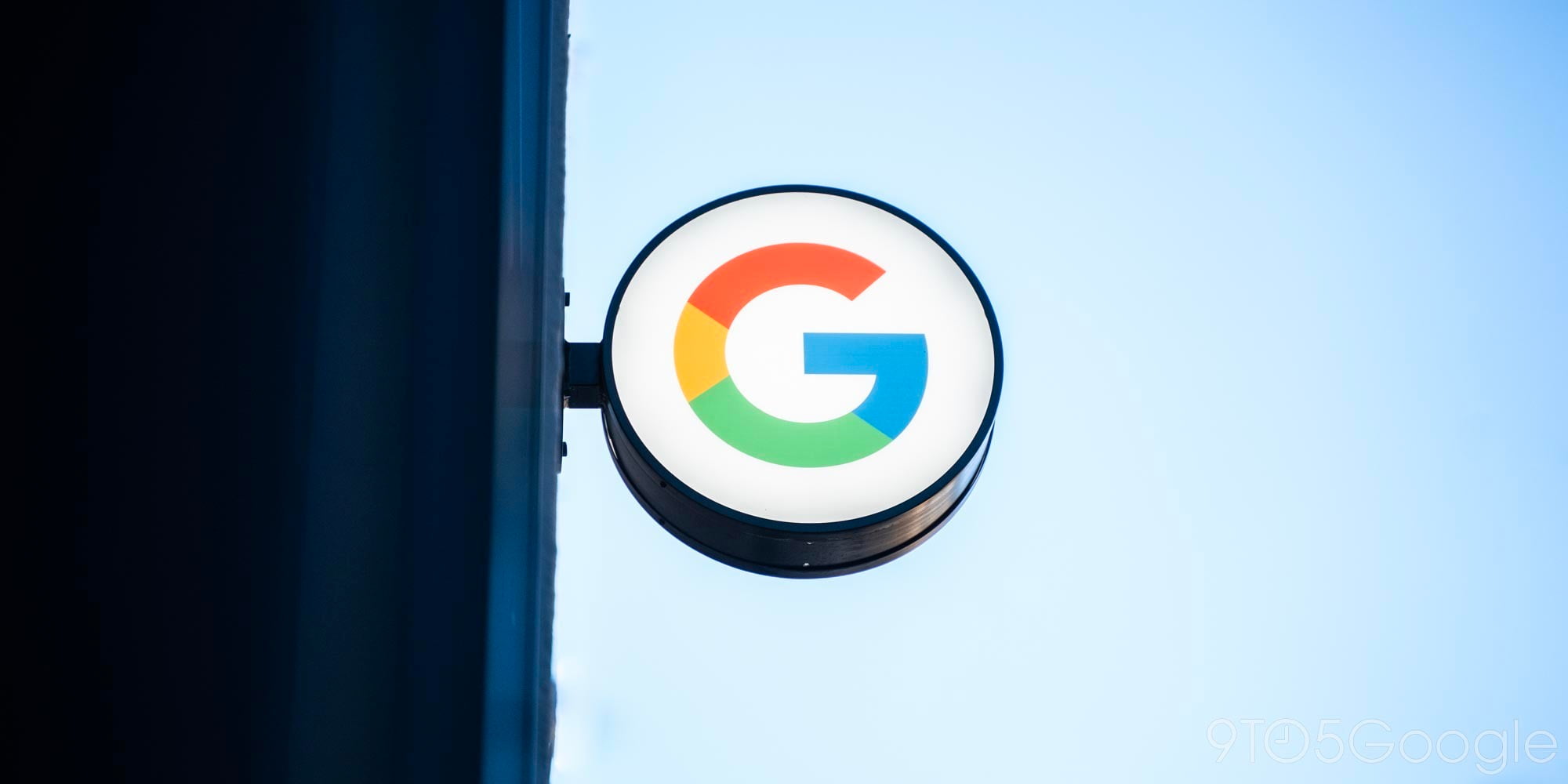
DeepMind is Alphabet’s AI research lab, and today, it unveiled AndroidEnv as a platform that allows reinforcement learning agents to “interact with a wide variety of apps and services commonly used by humans through a universal touchscreen interface.”
Expand Expanding Close
Alphabet’s DeepMind AI lab today announced that its AlphaFold system has made a “major scientific advance” in biology that could help the drug discovery process.
Expand Expanding Close
Many habits have changed in response to COVID-19 lockdowns, and that is reflected in large services like Google Maps. The company saw an “up to a 50% decrease in worldwide traffic,” which has required road predictions to be retooled. Meanwhile, Google Maps has “significantly” improved ETAs by leveraging DeepMind AI.
Expand Expanding Close
DeepMind is best known for AI that easily defeated the world’s best Go and StarCraft II players in recent years. The Alphabet-owned research lab is now applying its existing work to help researchers combating COVID-19.


Alphabet-owned DeepMind is widely regarded as the premiere artificial intelligence research lab. Co-founder Mustafa Suleyman announced today that he’s joining Google directly.

DeepMind is widely regarded as the premier machine learning and artificial intelligence research lab. Under Alphabet, it’s collaborated with various teams at Google over the years. The latest sees DeepMind technology being leveraged for Play Store app recommendations.
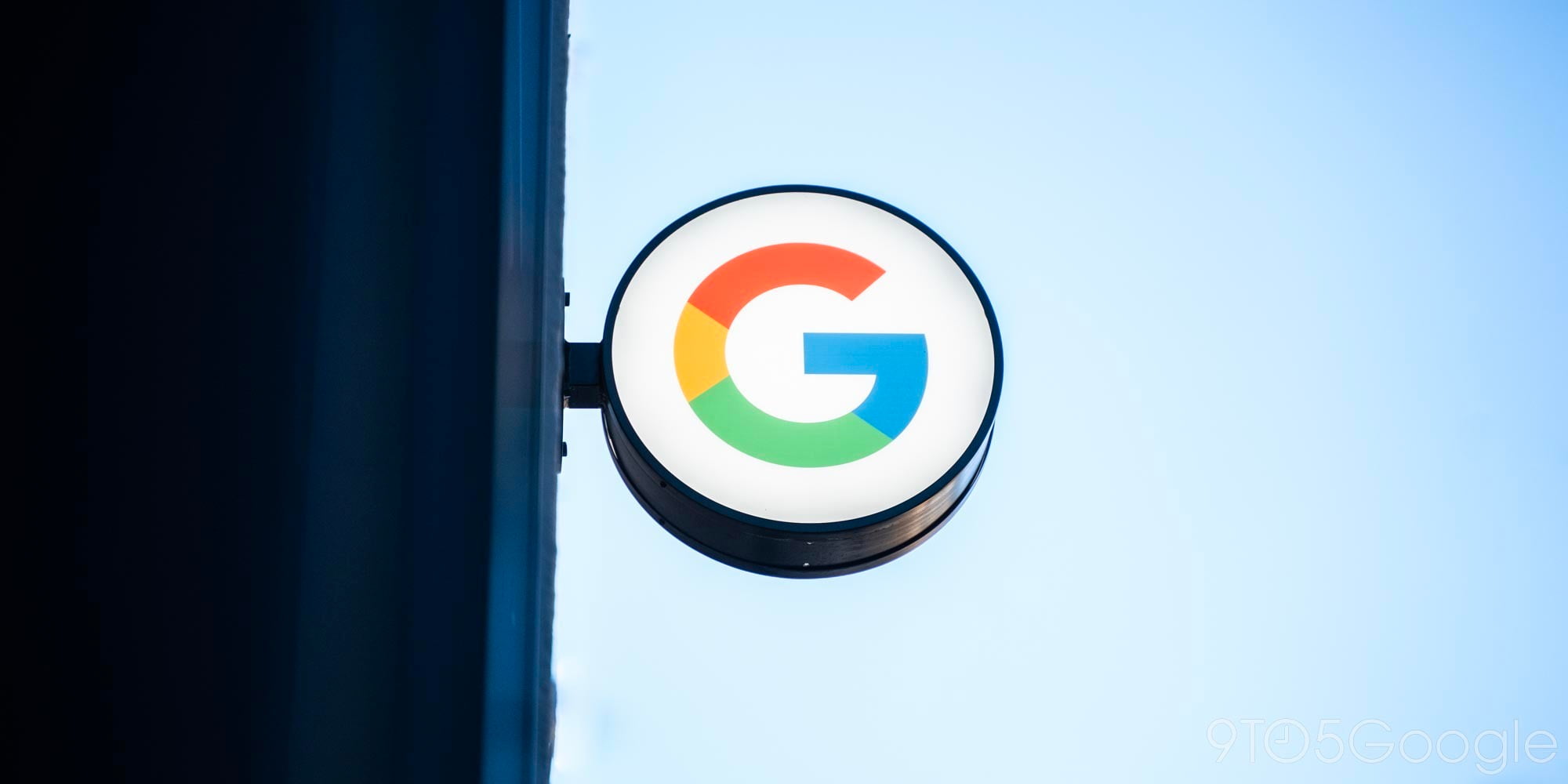
In November, DeepMind announced that its Stream medical assistant would be joining Google Health. That transition is official today, and includes existing healthcare partners.

Earlier this year, DeepMind’s AlphaStar AI resoundingly defeated professional StarCraft II players. The Alphabet division and Blizzard are now letting the public play matches against the AI agent.

DeepMind — quite prominently — claims to be the “world leader in artificial intelligence research.” AlphaGo and AlphaStar certainly lend credence to that title, but the Alphabet division’s end goal is artificial general intelligence (AGI). If it ever achieves that landmark accomplishment, DeepMind — and not its parent company — will reportedly retain control.

One of the first applications of DeepMind at Google was to reduce and now control power usage at its data centers. Google is now leveraging machine learning to make more efficient wind farms by predicting wind power output 36 hours in advance.

DeepMind and other researchers often turn to games to demonstrate how AI agents have progressed. The Alphabet division just finished a StarCraft II Demonstration where its AlphaStar AI agent successfully defeated professional gamers 10-1.

Following a resounding Go victory in 2017, Alphabet’s DeepMind turned to conquering StarCraft II. The game is a “grand challenge” for how successful AI agents are at complex tasks, with DeepMind and Blizzard tomorrow live streaming a demonstration of the latest progress.

Last week, Google announced that it was planning a health initiative, beginning with the appointment of a new leader to organize the company’s desperate efforts. Reorganization efforts are now underway with Google Health incorporating a DeepMind team working on Streams.

In Android 9 Pie, Alphabet’s DeepMind division is responsible for machine learning features like Adaptive Battery and Brightness. One of the first collaborations between the two companies was an AI system tasked with increasing energy efficiency at Google’s data centers. Two years later, an AI has been granted direct control over cooling these servers.

For the past several months, Google fiercely debated the military applications of artificial intelligence, with many employees opposed to their work being used in weaponry and war settings. This stance would essentially see Google forgo a huge market to Amazon and Microsoft, where employees do not have similar qualms.
A new report today provides some insight on principles that will guide future work, while several positions from within the company have also been highlighted.

Earlier this week, Google Cloud highlighted leveraging tech from DeepMind to create more natural-sounding text-to-speech. It comes as the Alphabet subsidiary is being more closely integrated into consumer products. Today, DeepMind announced that its opening an AI lab in Paris to compliment another Google research team.

Given the rise of smart assistants and smart home devices, text-to-speech (TTS) is increasingly one primary method of interaction. Google is today introducing its Cloud Text-to-Speech technology and making it available for developers to use.